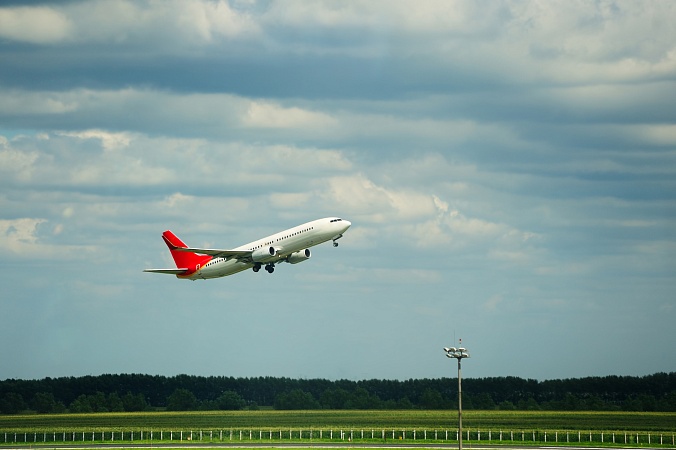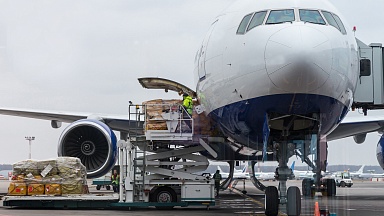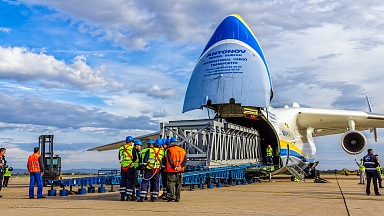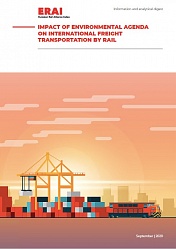Sequential air freight rates have generally cooled after peaking out at the beginning of May but on an absolute level, they remain exceptionally high, especially on US-bound lanes, according to analysis based on data from the Baltic Air Freight Index (BAI).
«Hong Kong-North America, for example, has tracked positive year-over-year growth in every week this year — even relative to the 2Q20 price surge as the world first went into lockdown and global passenger traffic ground to a halt. Frankfurt-North America shows a similar story, with year-over year increases in almost every week this year,» noted Bruce Chan, vice president and senior research analyst, Global Logistics and Future Mobility, at US-based investment bank and financial services company, Stifel.
He continued: "Indeed, supply was the big story last year, and it is still an issue as slow vaccine rollouts in certain parts of the world and resurgent variants of COVID have kept a lid on long-haul belly capacity. Moreover, in contrast to the leisure-focused domestic market, business travelers make up a significant portion of the transcontinental passenger cohort.
«There may be secular trends favouring a slower return there, such as conservative human resources policies, new digital tools to facilitate virtual meetings, and a desire to preserve some of the travel and entertainment operating cost savings from 2020. We’ve seen incremental passenger and cargo aircraft return to the market, but it has and will continue to be a slow process, in our view. And so far, it hasn’t been able to keep up with demand.
’Fungibility between ocean and air ’
This year, demand has arguably been the bigger story, Chan observed.
«On US destination lanes, demand remains hot, even heading into the typical summer lull. Consumption remains high, inventories low, and supply chain disruption is keeping those inventories low. Anecdotally, industrial goods, building materials, semiconductors and electronics equipment — all are in short supply due to breakdowns and delays in the supply chain. Normal channels of distribution are facing severe backlogs, and customers with high value or time sensitive goods are struggling to find options. Some of these options include finding tertiary ocean ports or more creative inventory management, but often, it comes down to paying for faster modes and faster service — like Matson’s China-Long Beach Express Ocean Service, or, for air cargo.»
He added: «Traditionally, there hasn’t been too much fungibility between ocean and air service, in our view, given the significant cost differential, but desperate times call for desperate measures, and ocean isn’t exactly cheap right now either...»
’Expensive year’
Chan highlighted that for many, the question remains: where will rates go? «Put simply, we believe that current supply and demand trends will push elevated rates through peak season and into 2022. We believe the goods to services rotation that many were expecting to lead to slower freight growth in the back half of 2021 are less likely to materialize.»
He concluded: «For one thing, elevated savings rates through the pandemic should provide a consumption shock absorber, so to speak. And for another thing, services spending does consume freight capacity — produce and seafood or equipment to support concerts and trade shows, for example. At some point, capacity and rates will normalize. The violence of that decompression is a topic for future debate. But from an airfreight perspective, 2021 should remain an expensive year.»





